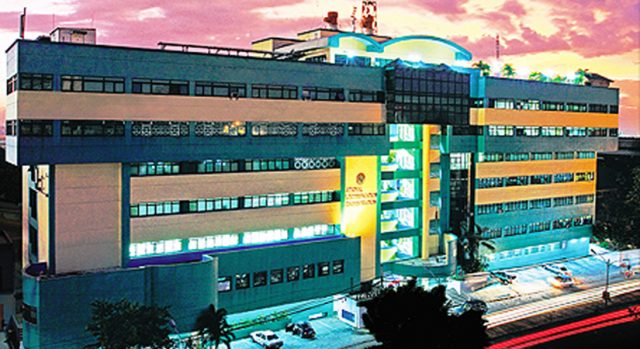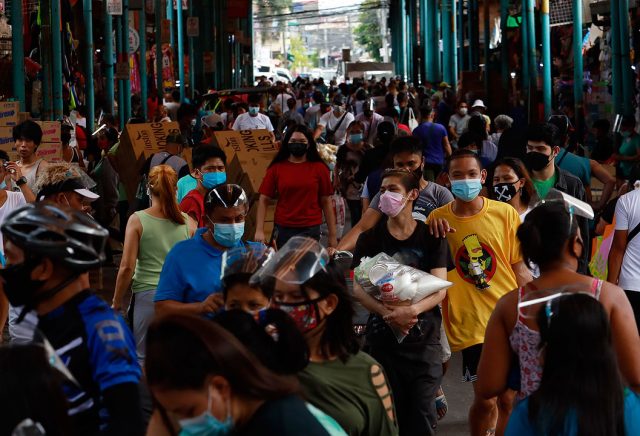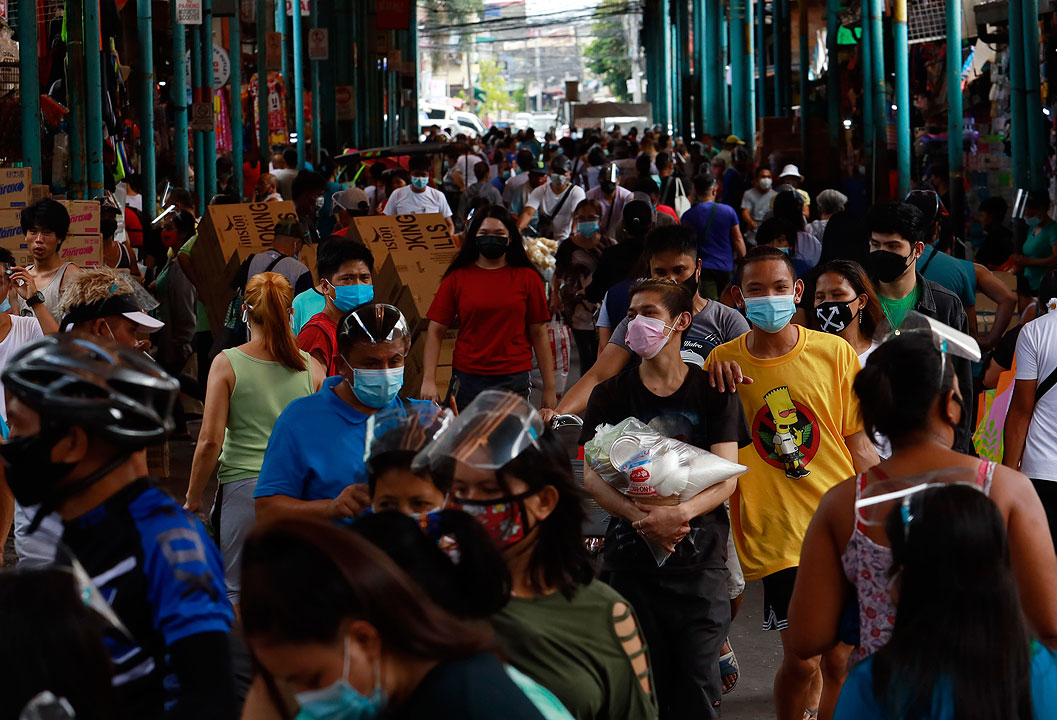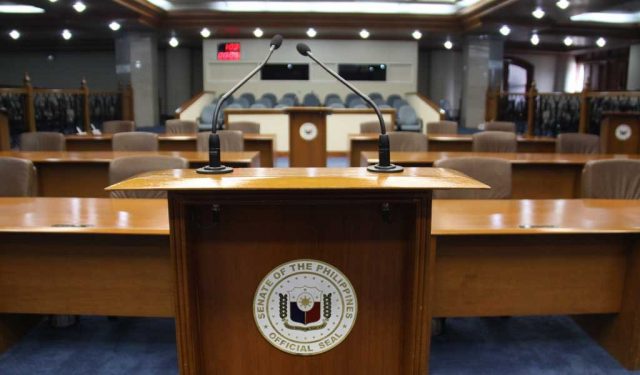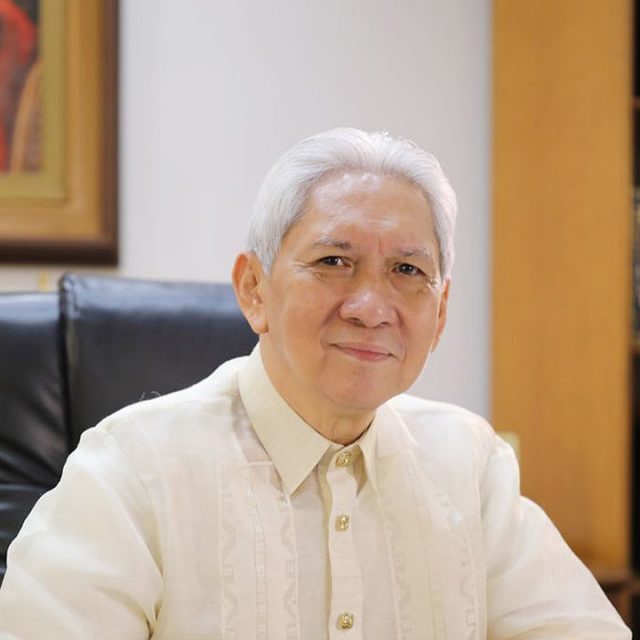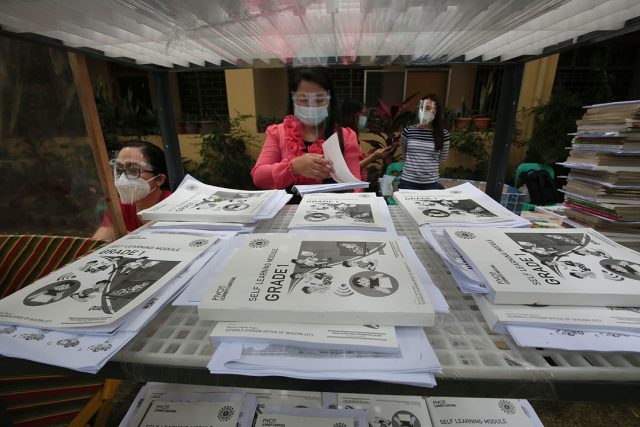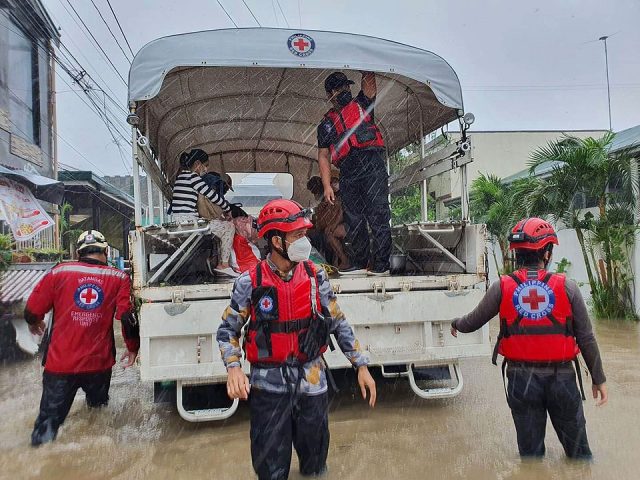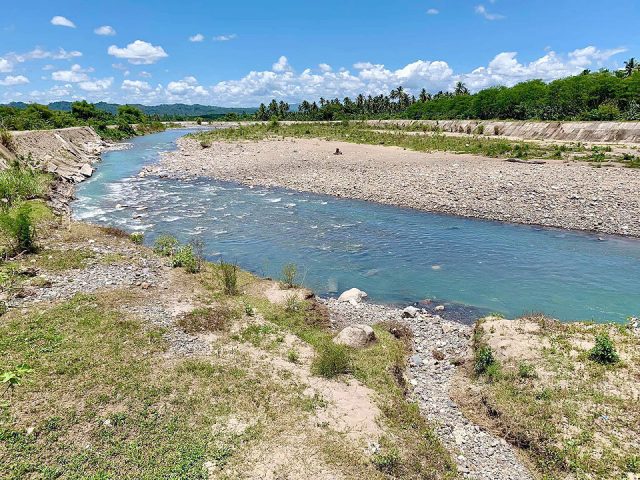The digital economy continues to shape up as a significant aspect of commerce. The effects of the pandemic accelerated the paradigm shift towards digitalization and greatly altered the patterns of production and consumption of goods and services. Recently, a product of the digital age has been drawing a lot of interest — cryptocurrency. Once known only to tech-savvy people, cryptocurrencies are gaining traction and becoming more mainstream because of their perceived advantages and the income-earning opportunities they present.
Last month, cryptocurrencies hit the headlines in the Philippines once again, but this time, because of news that may not be very enticing to those earning income from cryptocurrencies — the Department of Finance (DoF) and the Bureau of Internal Revenue (BIR) are now looking at how to capture the taxes that should be paid on income from cryptocurrencies.
Is income from cryptocurrencies taxable? Before we tackle the answer to that question, let us examine how cryptocurrency income is usually earned.
WHAT IS CRYPTOCURRENCY?
According to a Bangko Sentral ng Pilipinas (BSP) primer and FAQs on virtual currencies (VCs), cryptocurrency is a type of VC that uses cryptography, a method of storing and transmitting data in unreadable form so that only the intended receivers can read and process it. A VC, in a general sense, is a type of digital “currency” created by a community of online users, is stored in electronic wallets (e-wallets), and is generally transacted online.
There are numerous types of cryptocurrencies such as Bitcoin, Ethereum, Cardano Coin, Tether, XRP, Dogecoin, and many others. Cryptocurrencies may be exchanged for goods and services with parties willing to receive cryptocurrencies as payment.
EARNING INCOME FROM CRYPTOCURRENCIES
A person can earn income from cryptocurrencies in a variety of ways. Cryptocurrencies have value because they function as a store of value, and as described above, they constitute a medium of exchange. Thus, one may profit from price changes when cryptocurrencies are bought and held for investments and then subsequently sold or exchanged. Speculating on the prices of cryptocurrencies is also usually done through different crypto exchanges or trading platforms.
Recently, play-to-earn online games such as Axie Infinity have been gaining popularity. In Axie Infinity, players earn cryptocurrencies throughout the game, which can be withdrawn, transferred to e-wallets, and exchanged for either actual money or other types of cryptocurrencies.
Now, let’s go back to the question — is income from cryptocurrencies taxable? The short answer is yes.
APPLICABLE TAXES
The BIR recently issued a circular clarifying the taxation of income received by social media influencers. Generally, the appropriate taxes, registration and other compliance requirements, and penalties due to failure to pay taxes a`pplicable to social media influencers and other persons earning income online could be similar to those covering persons earning income from cryptocurrencies.
In other countries, cryptocurrency is treated as property; hence, the related income is taxable just like transactions in any other property. In the US, for example, a taxpayer who receives cryptocurrency as payment for goods or services must include the fair market value of the cryptocurrency in computing gross income. If cryptocurrency is sold or exchanged and the amount or the fair market value of property received from the exchange exceeds the taxpayer’s adjusted cost basis of the cryptocurrency, the taxpayer generally has a taxable gain. If cryptocurrency is received, without any cost incurred by the taxpayer, the value of the cryptocurrency is taxable.
In the Philippines, however, the BIR has not yet issued specific guidelines on the classification of cryptocurrencies and the taxation of income earned from such. Nonetheless, our Tax Code provides that for purposes of computation of tax, gross income means all income derived from whatever source. Therefore, income arising from cryptocurrency transactions should be included in the income of the taxpayer that will be subjected to income tax. Income may arise when cryptocurrency is sold, spent, exchanged for another property, or received as payment for services rendered.
Individuals who want to earn additional income are the most common holders of cryptocurrencies. Currently, individual taxpayers are generally subject to graduated income tax rate of up to 35% based on net taxable income (first P250,000 net taxable income is not subject to tax), except those considered non-resident aliens not engaged in trade or business (NRANETBs) in the Philippines whose income is subject to 25% income tax based on gross income.
Citizens and resident aliens who are registered as non-value added tax (VAT) taxpayers and whose total gross sales/receipts do not exceed P3,000,000 during the taxable year may choose to avail of the 8% tax based on gross sales or receipts (first P250,000 is still not subject to tax). The 8% flat rate is in lieu of graduated income tax and percentage tax.
However, assuming that the cryptocurrency will be considered property, under the tax rules, such may either be classified as a capital asset or an ordinary asset. Capital assets are property other than the property held in inventory primarily for sale to customers in the ordinary course of business, or property used in trade or business. If property is classified as a capital asset, only 50% of the capital gain earned by an individual will be included in the gross income if the asset was held for more than 12 months. On the other hand, gains arising from ordinary assets are treated as ordinary income and are generally reportable in full regardless of the holding period.
The income may also be subject to business taxes such as the 12% VAT or 1% percentage tax (will revert to 3% after June 30, 2023), as applicable. Note that VAT only covers sale, transfer or exchange of goods and services done in the ordinary course of the taxpayer’s trade or business. It does not cover properties classified as capital assets.
Under the Tax Code, any person who willfully attempts in any manner to evade or defeat taxes may be punished by a fine of P500,000 to P10,000,000 and suffer imprisonment of six to 10 years, in addition to other penalties provided by law.
TAX ADMINISTRATION CHALLENGES
The Philippines uses a self-assessment system in collecting taxes, whereby taxpayers themselves determine which income will be reported in the tax returns and calculate their own tax liabilities based on such report. After the returns are filed, the BIR shall examine and check whether the correct amount of taxes was paid by taxpayers through BIR audits or assessments.
Considering the foregoing, one challenge for tax authorities when it comes to digital transactions, including cryptocurrency transactions, is the difficulty of tracking the income arising from such undertakings. Currently, for tax purposes, there are no reportorial requirements for those engaging in cryptocurrencies transactions. Hence, the BIR may be blind to the income being earned on those transactions. In other countries, for instance, individual taxpayers have to indicate in their tax returns whether they received, sold, spent, exchanged or acquired any financial interest in any virtual currency during the year or not.
A third-party reporting scheme and the withholding tax system may also be helpful. However, most of the income payors for cryptocurrency transactions such as crypto exchanges and other businesses are mostly non-residents of the Philippines. The DoF is hopeful that this will be somehow resolved once the system of registration for non-residents is put into place. There is currently a pending bill in Congress aiming to establish a fiscal regime for the digital economy. Indeed, as the digital economy continues to boom, there is a need to update the tax system in order to adapt and stay effective in a fast-paced digital world.
Tax is normally a topic shunned by income earners, but I hope that talk of a tax will not dishearten those who are into cryptocurrencies. After all, fairness in taxation dictates that goods and services should be taxed similarly regardless of how they are sold or rendered — whether physically or virtually. Also, cryptocurrencies receiving the attention and interest of many, including the tax authorities, means it is showing a lot of promise. This is similar to when the BIR issued the clarifications on the taxation of social media influencers at a time when social media advertising was becoming more and more lucrative. Time alone will tell how much impact cryptocurrencies will have on income, taxes, and the economy as a whole.
Let’s Talk Tax is a weekly newspaper column of P&A Grant Thornton that aims to keep the public informed of various developments in taxation. This article is not intended to be a substitute for competent professional advice.
John Paulo D. Garcia is a manager of Tax Advisory & Compliance division of P&A Grant Thornton, the Philippine member firm of Grant Thornton International Ltd.
pagrantthornton@ph.gt.com


